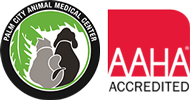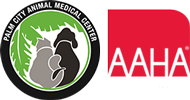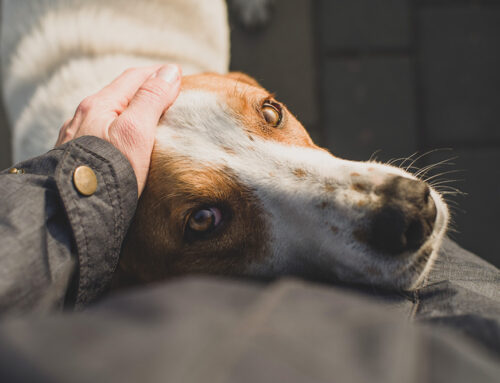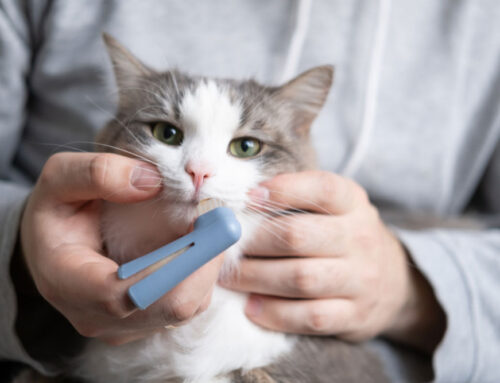Dog sports are a great way to provide exercise and mental stimulation for high-energy or working dogs, but your pup doesn’t have to be a star athlete to participate. The competitive dog sport world requires you to build a deep bond with your dog while showcasing their physical or mental skills and abilities. The Palm City Animal Medical Center team describes dog sports benefits, popular sports to consider, and how to get started.
Dog sports benefits
You and your four-legged friend should be interested in and enjoy the skills your chosen dog sport requires. Dog sports provide many potential benefits for canine and human participants, including the following:
- Physical exercise — Dog sports provide essential physical activity for all fitness levels.
- Mental stimulation — Dog sports challenge your dog’s mind and prevent boredom.
- Bonding — Working together as a team strengthens the bond between you and your dog.
- Socialization — Dog sports offer structured socialization for dogs and allow human handlers to meet new people during classes and at events.
- Confidence — Mastering skills and achieving goals increases your and your pup’s confidence levels.
Popular dog sports
One of the best things about competitive dog sports is the array of choices available to suit all breeds, breed mixes, sizes, lifestyles, ages, and abilities. Many specialized canine organizations offer thousands of sporting events annually. The American Kennel Club (AKC) alone hosts more than 22,000 events each year. A few of the most popular dog sports include:
- Agility — Agility is a fast-paced sport where dogs navigate through a timed obstacle course, including jumps, tunnels, weave poles, and more.
- Obedience — Obedience trials test a dog’s ability to perform precision commands, including basics such as sitting to advanced tasks such as retrieving and scent work.
- Rally — Rally combines elements of traditional obedience with the excitement of agility.
- Flyball — Flyball is a high-energy relay race where dog teams race over hurdles to catch a ball and then race back to tag in the next dog.
- Disc dog — Disc dog showcases canine athleticism and agility as they perform acrobatic catches and tricks with flying discs.
- Canine freestyle — Canine freestyle combines obedience, tricks, and dance as dogs and their handlers perform choreographed routines to music.
- Dock diving — This sport involves dogs leaping off a dock into a pool, aiming for distance or height.
- Lure coursing — Lure coursing simulates the thrill of the chase for sighthounds, leading them through a course via a mechanized lure.
- Nosework — Nosework uses a dog’s outstanding sense of smell to locate and identify specific odors in various environments, including interiors, exteriors, and vehicles.
- Barn hunt — Barn hunt replicates the traditional task of vermin hunting in barns, requiring dogs to locate rats hidden—in safe, enclosed containers—in a hay bale course.
- Tracking — Tracking encourages dogs to follow a scent trail left by a person, animal, or object.
Getting started in dog sports

You can get started in dog sports by first taking stock of activities your dog likes, then researching local clubs and training facilities in your area. Visit each facility that interests you, audit a class, or check out a local competition to get a feel for the sport, then enroll in a beginner workshop to learn the basics. As you progress, ensure you prioritize your dog’s health and your mutual enjoyment of the activity, since having fun is always the main goal. Regardless of your dog’s aptitude for sport, you’ll find a sense of accomplishment working with them as a team.
Whether you’re looking for an adrenaline-packed agility course or a disciplined obedience trial, each dog and handler duo can find a competitive dog sport that suits them. Our Palm City Animal Medical Center team has everything your canine athlete needs to stay in sporting shape, including preventive care, nutritional counseling, and rehabilitation services. Contact us to schedule your pup’s next routine visit or if your dog has any physical or behavioral health issues.








Leave A Comment